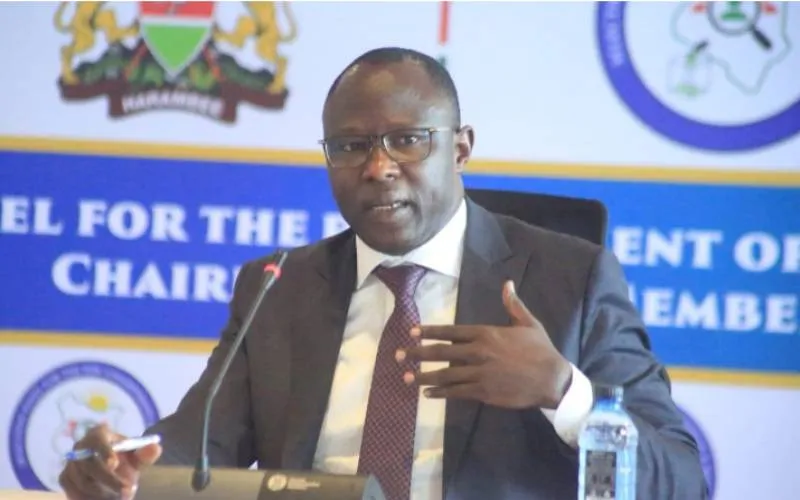Six Kenyan citizens have filed a petition at the High Court in Nairobi, accusing the Independent Electoral and Boundaries Commission (IEBC) of violating the Constitution by refusing to process recall petitions for Members of Parliament (MPs).
The petitioners Newton Mugambi Boore, Dennis Mwaki Chabari, Morris Mawira, Agnes Mwende Justus, Seth Mark Kinoti, and Christine Kanana Kithinji argue that IEBC’s inaction undermines public accountability and infringes on their constitutional rights.
Central to the case is Article 104 of the Constitution of Kenya (2010), which grants voters the right to recall non-performing MPs before their term ends. However, the IEBC maintains it cannot act on such petitions due to a lack of legal framework, following a 2017 court ruling that struck down sections of the Elections Act as unconstitutional.
In a July 30 statement, the IEBC said it fully supports voter rights but cannot process recalls for MPs including both National Assembly and Senate members without new enabling legislation. IEBC Chair Erastus Ethekon noted that only Members of County Assemblies (MCAs) can currently be recalled under an updated legal framework in the County Governments Act, amended in 2020.
The petitioners argue this creates a legal vacuum and claim Parliament has failed in its constitutional duty to operationalise Article 104(2), which mandates laws to guide the recall process. They contend the inaction shields MPs from accountability and violates Articles 1, 27, 38, and 47 of the Constitution.
Furthermore, they insist that the right to recall is self-executing and does not require enabling legislation. They are urging the court to compel IEBC to process recall petitions using remaining provisions of the Elections Act and the mechanisms applied to MCAs.
The petitioners are also seeking a court order directing Parliament to enact the necessary legislation within 90 days. Additionally, they want a conservatory order preventing the IEBC from rejecting any submitted recall petitions until the case is concluded or appropriate laws are enacted.
This case could set a critical precedent for electoral accountability in Kenya.

